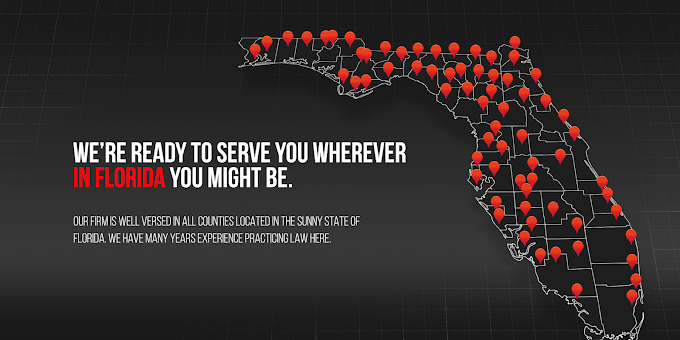






Driving under the influence (DUI) is a serious legal offense that occurs when individuals operate a vehicle while impaired by alcohol or drugs. Typically considered a misdemeanor, DUI is a grave concern in traffic law.
In this article, we will explore the answer to your question: is dui a felony in florida? Also, we will uncover the consequences and legal implications associated with DUI, shedding light on terms such as first DUI offense, second DUI offense, and the classification of DUI as a misdemeanor.
Understanding these key concepts is crucial for anyone navigating the legal landscape surrounding impaired driving.

A DUI in Florida becomes a felony under specific circumstances, primarily involving repeat offenses or aggravating factors. If an individual faces a second or subsequent DUI within a specified timeframe, typically ten years, the offense is elevated to a felony.
Additionally, serious aggravating factors such as a significantly high blood alcohol concentration, reckless driving, or incidents leading to serious injury, much worse, death can lead to felony charges. Understanding these conditions is crucial, as felony DUI convictions in Florida carry more severe penalties, including increased fines, longer imprisonment, and potential permanent license revocation.
Also Read: How Long Does A DUI Stay on Your Record in Florida?
Understanding the difference between a misdemeanor DUI (Driving Under the Influence) and a felony DUI in Florida is crucial for individuals facing impaired driving charges. The distinctions center around the nature of the offense, repeat offenses, aggravating factors, consequences, and the impact on one’s criminal record. So, is a DUI a felony or a misdemeanor? Let’s find out the difference between a misdemeanor and felony DUI!

Misdemeanor DUI: First offenses are generally treated as misdemeanors, but subsequent convictions within a specified timeframe can escalate to felonies.
Felony DUI: Repeat DUI convictions, especially second and third offenses, are often classified as felonies, resulting in harsher penalties.
Misdemeanor DUI: Involves straightforward DUI cases without additional aggravating factors, typically exceeding the legal BAC limit.
Felony DUI: Includes factors like reckless driving, significantly high BAC, driving with a suspended license, or other serious traffic violations leading to felony charges.
Misdemeanor DUI: Penalties may include fines, probation, alcohol education programs, and temporary license suspension. Jail time is possible but not mandatory for first offenses.
Felony DUI: Convictions result in more severe consequences, including higher fines, longer jail sentences, extended probation, and the potential for permanent license revocation.
Misdemeanor DUI: This can impact one’s criminal record but may be eligible for expungement or sealing.
Felony DUI: Leaves enduring marks on the criminal record, making expungement challenging and affecting various aspects of life, such as employment opportunities.
Florida imposes strict penalties for individuals convicted of Driving Under the Influence (DUI). The severity of the penalties is based on various factors, such as the number of prior offenses and the presence of aggravating circumstances.

Mounting a strong defense is crucial for individuals facing DUI charges. While the specific defenses depend on the circumstances of each case, common strategies include:

Erase the Case is your ally in expunging DUI charges. Regain control of your future by lessening the impact of past legal challenges. Connect with us today to set the course for a brighter, unblemished tomorrow!
In most cases, a DUI in Florida is considered a misdemeanor. However, it can become a felony under certain circumstances, such as repeat offenses or serious injury/death resulting from impaired driving.
A DUI conviction remains on your record for a specific period, affecting your driving record and potentially causing consequences for future offenses. If you consult with legal experts, they can provide insights into record expungement or mitigation options.
Yes, a second DUI offense in Florida is typically classified as a felony. The state takes a harsh stance on repeat DUI offenders, imposing more severe penalties to deter impaired driving.
While jail time is possible for first-time DUI offenders, it is not mandatory. Penalties may include fines, probation, and license suspension. The specific outcome depends on the case’s circumstances and the effectiveness of the defense strategy.

























